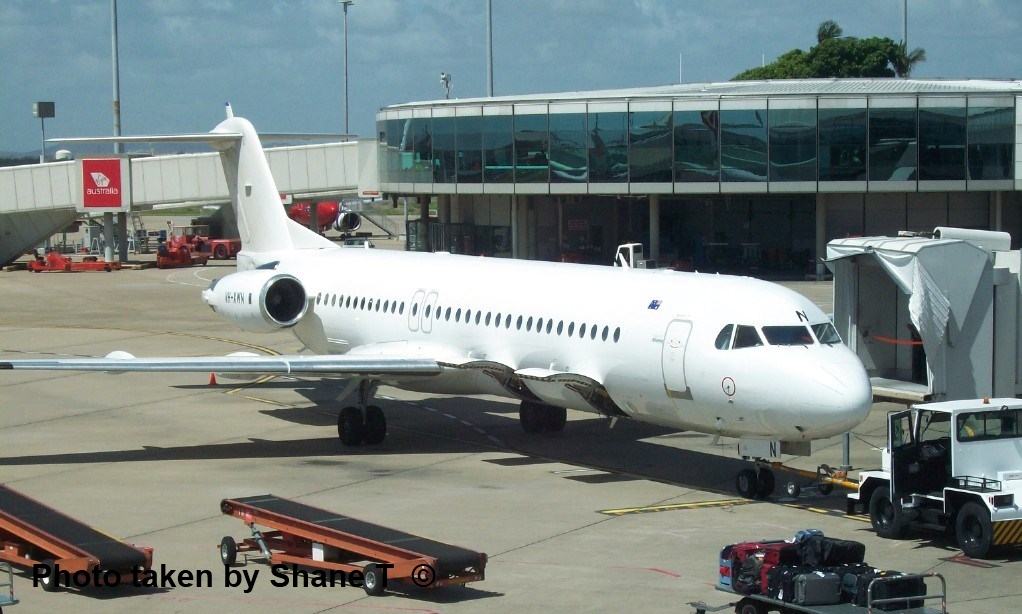Australia has reciprocal Work and Holiday arrangements with the following countries: Argentina – Embassy of the Argentine Republic. Austria – Embassy of Austria. Brazil – Embassy of Brazil. Chile – Embassy of the Republic of Chile. Czech Republic – Embassy of the Czech Republic. Ecuador – Embassy of the Republic of Ecuador.. The UK and Ireland, as well as Russia and much of Eastern Europe (such as Ukraine, Croatia, and Serbia), are not part of the Schengen Agreement. Visitors from non-EU countries will have to apply for visas to these countries separately. Citizens of the US, Australia, New Zealand, Canada and the UK only need a valid passport to enter Schengen.

Work Culture in Australia CareerProfessor.works

job abroad Archives Stud&Globe

Which Europeans have the longest working lives? World Economic Forum Medium

Workforce Which European countries work from home the most? World Economic Forum

Working Abroad The Most Attractive Countries For The World’s Workers Crosswater Job Guide
![[OS] Average hours worked per worker](https://jakubmarian.com/wp-content/uploads/2017/09/number-of-hours-worked-per-week-europe.jpg)
[OS] Average hours worked per worker per week in Europe r/MapFans
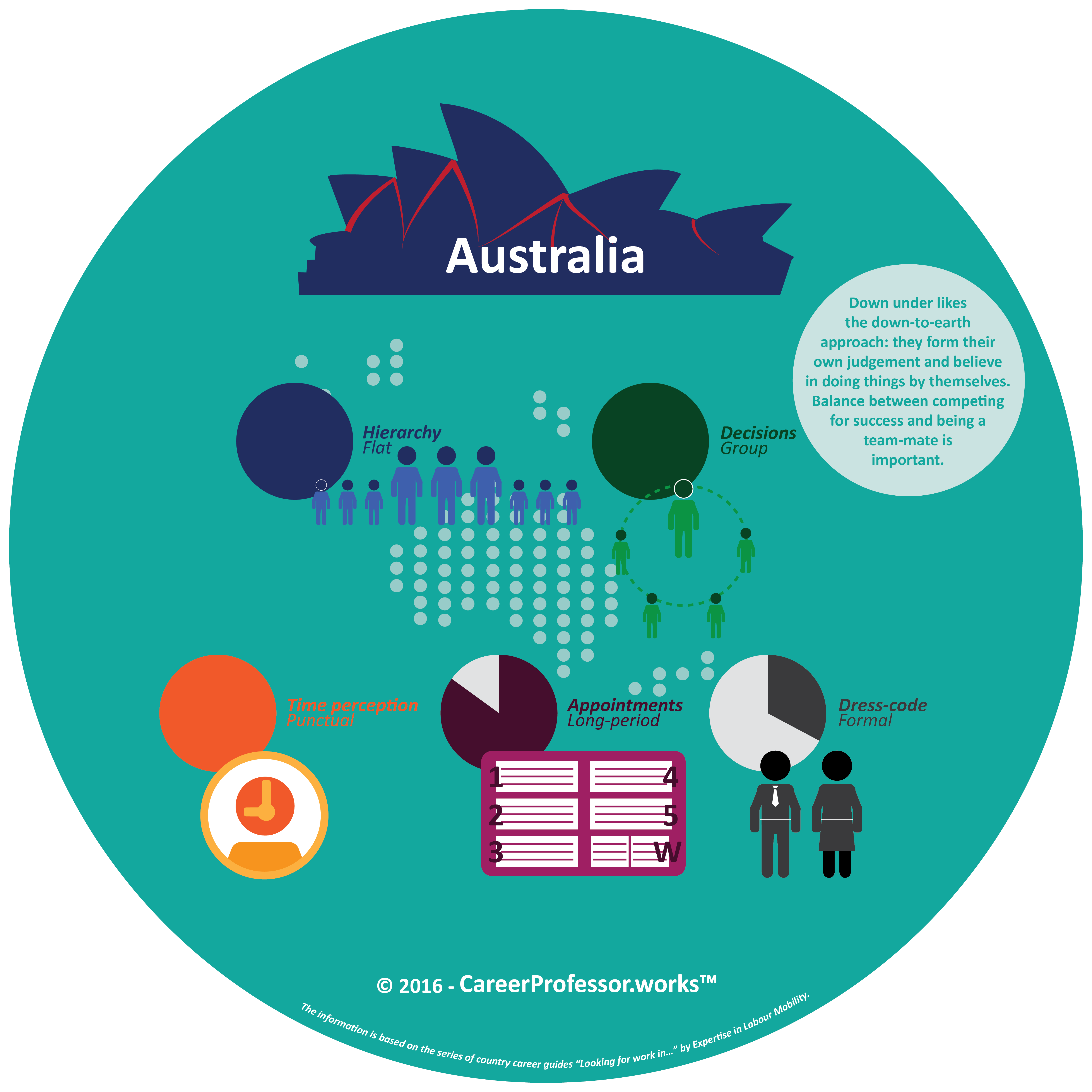
Work Culture in Australia

How long is the average working life in your country? World Economic Forum

British Colonisation of Australia Teaching Resource Pack Teaching Resource Pack Teach

International jobs for Americans a guide to working in Europe

10 Things to Know About the Australian Workplace Insider Guides

Part 2 Want to employ workers in Australia as an international business? Australia PEO Services
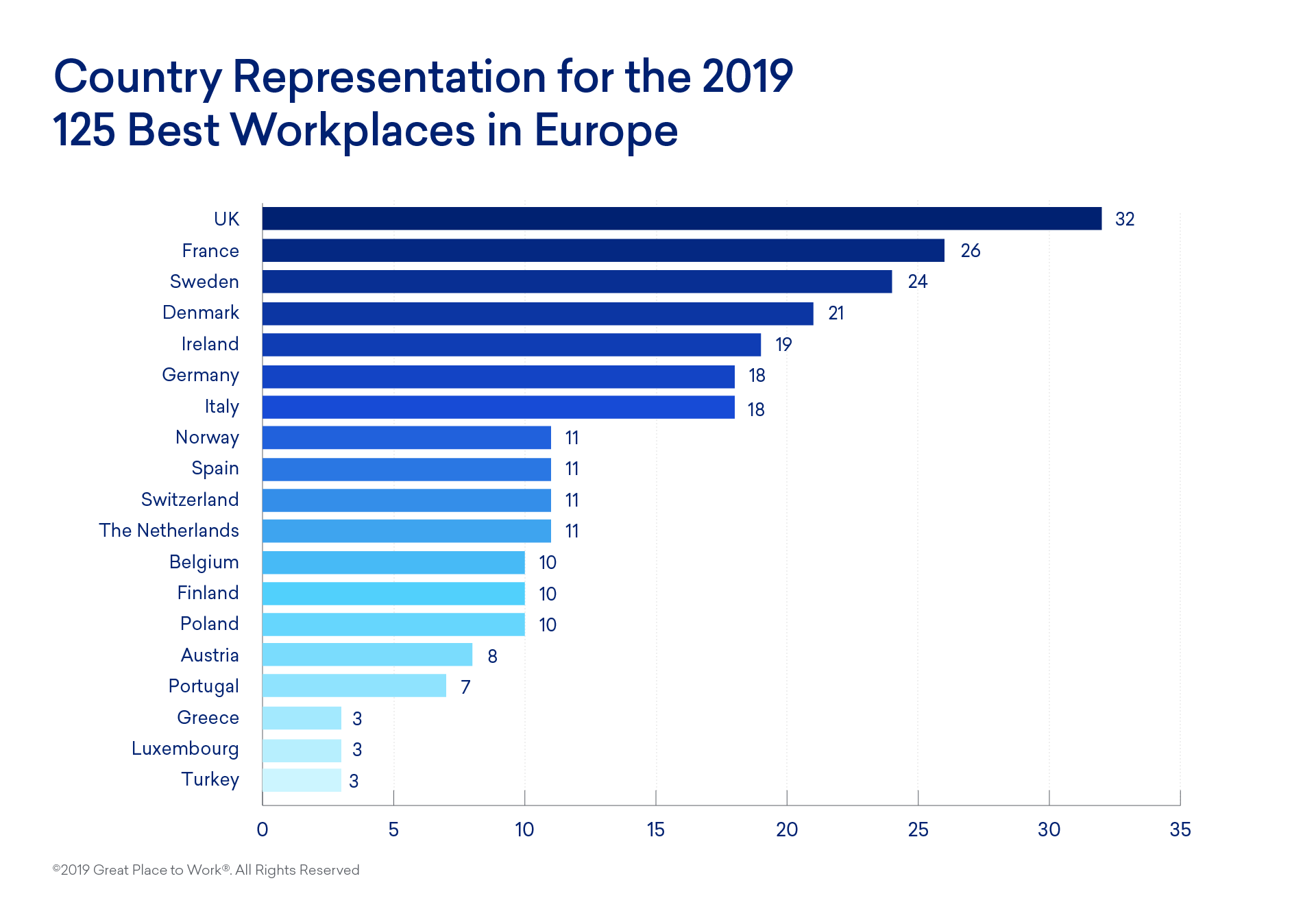
Employees Put Their Ideas to Work at the 2019 Best Workplaces in Europe Great Place to Work®
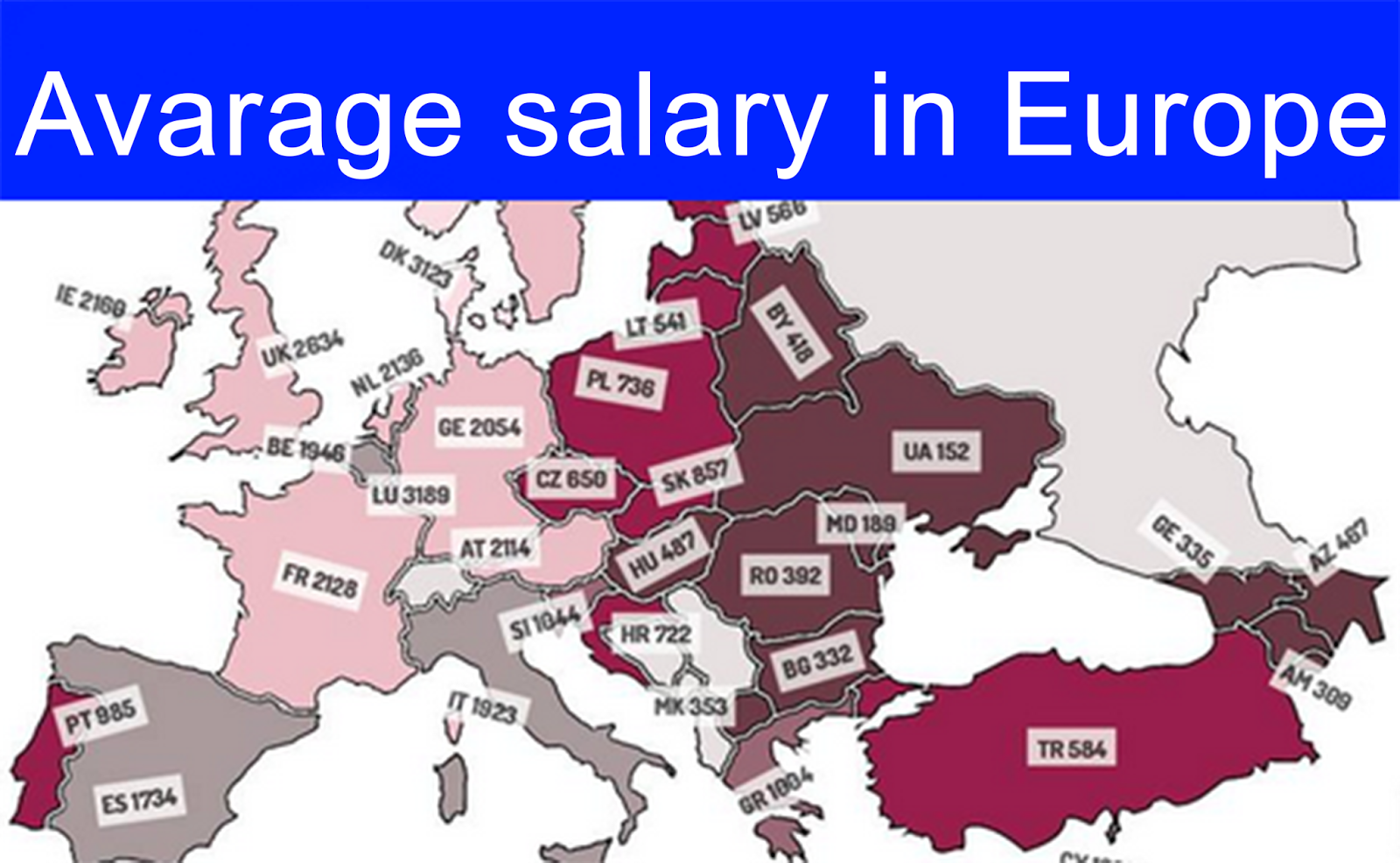
Which is the best country to work in? European countries by Net Avarage Salary [INFOGRAPHICS
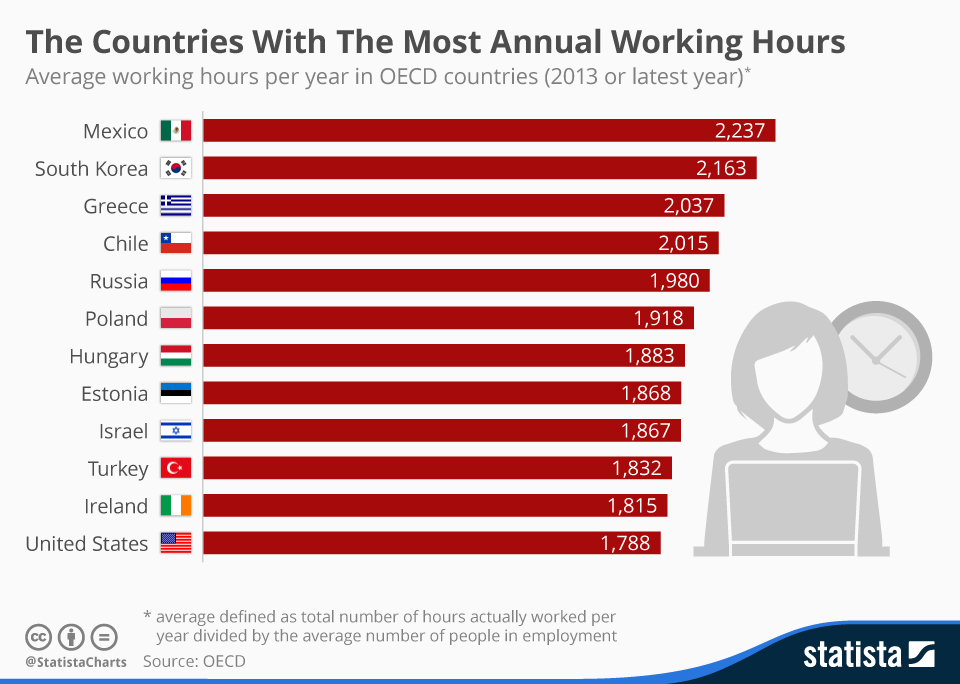
Chart The Countries With The Most Annual Working Hours Statista

24 things expats find surprising about Australian working culture Business Insider

Australian Workplace Culture
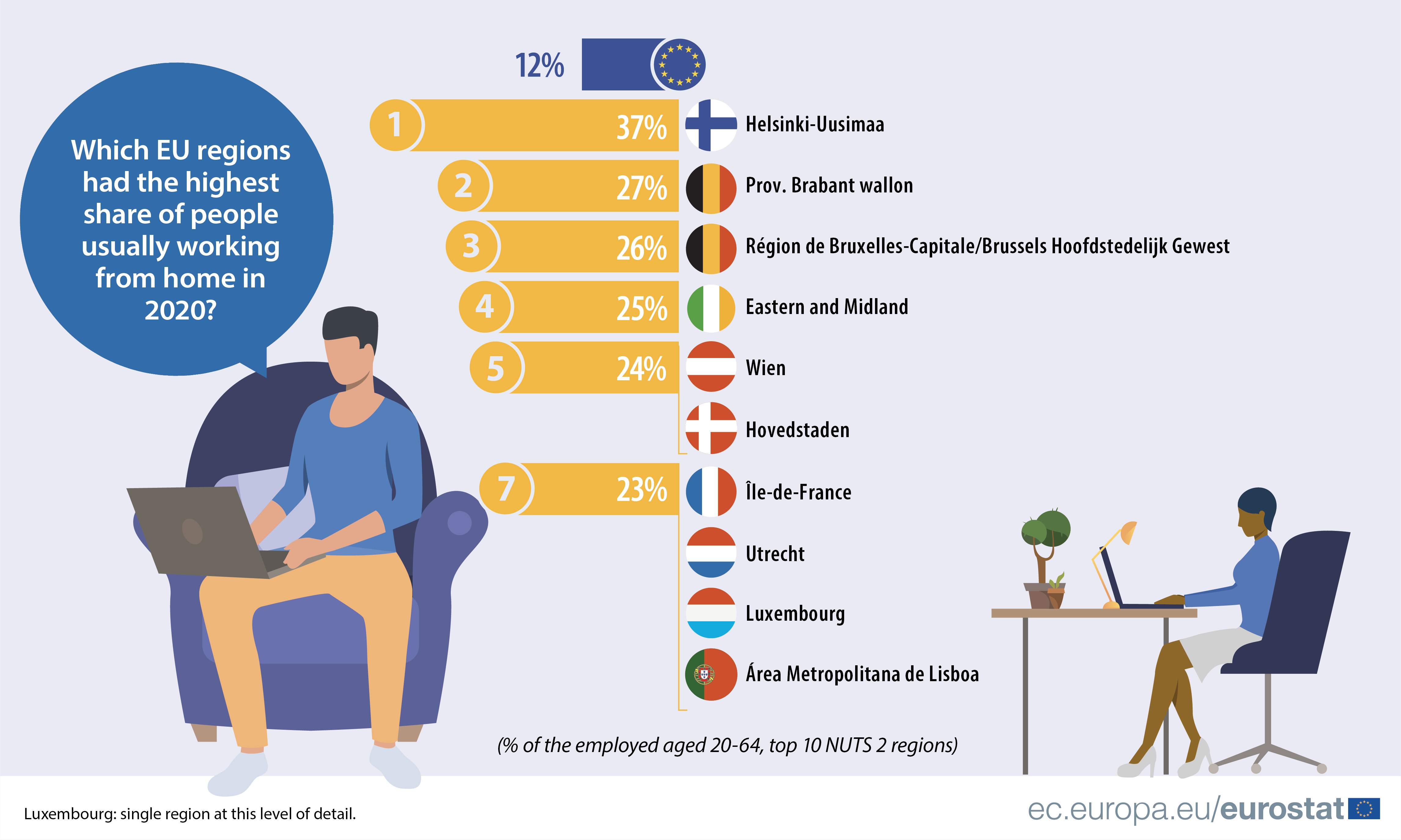
Working from home across EU regions in 2020 Products Eurostat News Eurostat

Por qué necesitamos reinventar la democracia Diario Latino

5 Differences Between EUROPE and AUSTRALIA! YouTube
You may decide to look for a job in a country outside the EU, or the job you currently hold may decide to post you to another country. In either case you may need a working visa or work permit before you can start working in your chosen country. You should also bear in mind other differences, such as language, culture and climate.. Working abroad. As an EU national, you’re entitled to work — for an employer or as a self-employed person — in any EU country without needing a work permit. And while doing so, you are entitled to live there — subject to certain conditions. If you live and work in another EU country, it’s important to be aware of the consequences for:
